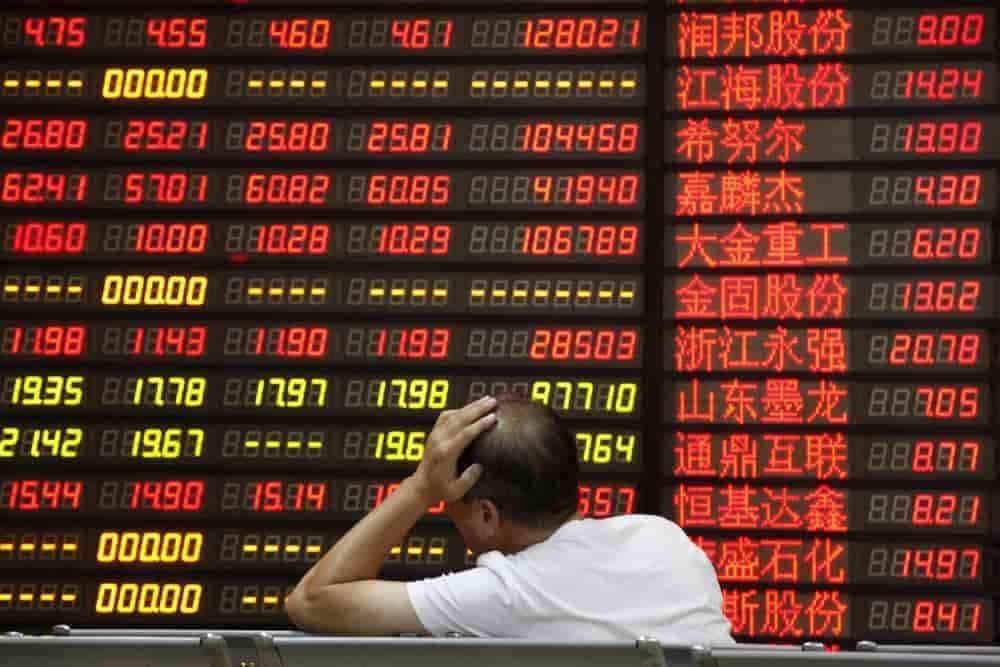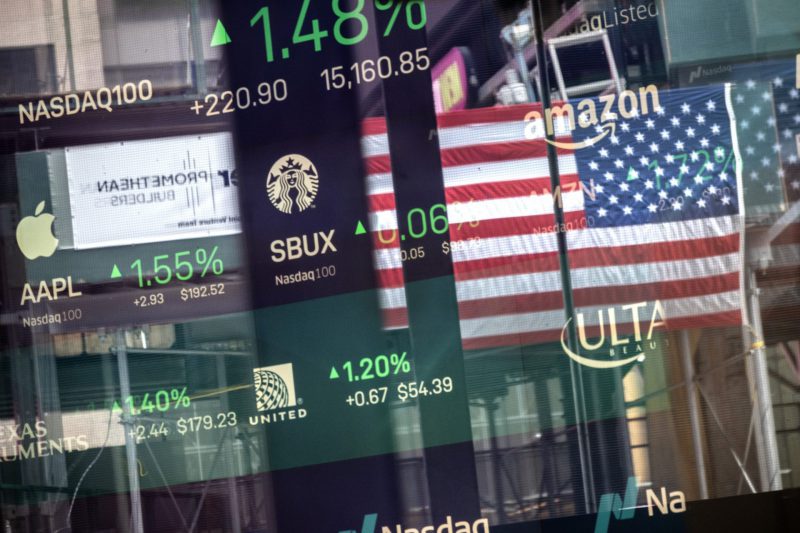The first Monday in August has arrived with panic in the finance sector, as nearly $2 trillion has been wiped out of the S&P 500 as the market opens. Additionally, US stock futures figures fell harshly, with recession fears driving the selloff throughout the global market. This has led the Federal Reserve to consider cutting interest rates before the predicted September meeting.
The cryptocurrency market has faced its own bearish condition. There have been more than $340 billion in outflows from crypto products to start the day. The overall figure fell to $1.8 trillion when it was above the $2.1 trillion mark just a day earlier.
Also Read: BRICS: IMF Warns US Economy Presents a Global Recession Risk
$1.93 Trillion Wiped From S&P 500 as Markets Continue to Struggle
For the past several months, the United States economy has been stuck in a state of fragility. The US central bank has sought to fend off inflation, leaving interest rates at a 23-year high. That has culminated in a treacherous day for the markets as the world fears for a possible recession in the country.
Subsequently, $1.93 trillion was wiped out of the S&P 500 as trading began on Monday, August 5th. During premarket trading, stock index futures took a massive hit. S&P 500 futures had already fallen more than 4.4%. Moreover, Dow futures was down 3%, or 1,212 points, and the Nasdaq 100 futures had fallen more than 5.2%.

Also Read: US Economy Is Slowing Down, Showing Signs Of A Possible Decay
Additionally, the ECCLES equity cycle model of HSBC has shown its most bearish assessment of the market since October 2022. Yet, the report notes that the “sell-off phase doesn’t have to last long,” and could preside for just a few days, according to MarketWatch.
Now, all eyes are on the Federal Reserve. Wharton Professor Jeremy Siegel called on the Fed to issue an emergency 0.75% rate cut. Speaking with CNBC, he noted the necessity for action to be taken. The recession concerns have led Taiwan’s stock market to suffer its worst loss since 1967, and Japan’s stock market to face its worst loss since 1987.





